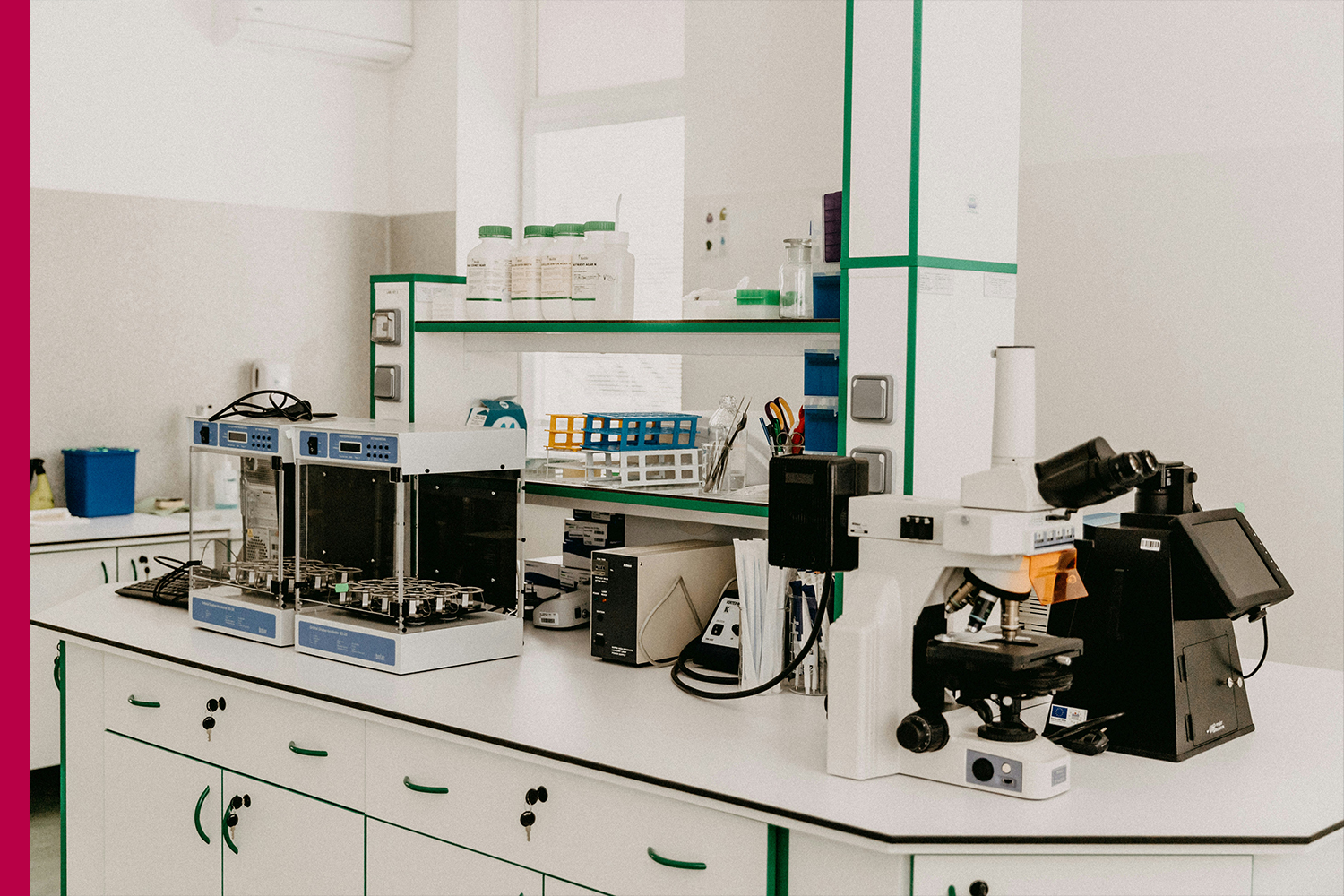Cloning is one of the most fascinating and controversial topics in modern science. It refers to the process of creating genetically identical copies of biological entities, whether cells, tissues, or entire organisms. While cloning has the potential to revolutionize medicine, agriculture, and conservation, it also raises profound ethical, social, and moral questions that society must carefully consider.
What is Cloning?
Cloning can be broadly classified into three types:
Reproductive Cloning: Produces a genetically identical organism, such as the famous sheep Dolly. It aims to create a whole living being with the same DNA as the donor.
Therapeutic Cloning: Involves creating cloned embryos to harvest stem cells for medical treatments, tissue repair, or regenerative medicine. It does not produce a full organism.
Gene Cloning: Produces copies of specific genes or DNA sequences for research, pharmaceutical production, or genetic engineering. Cloning holds enormous scientific potential, from curing diseases to preserving endangered species. However, it also challenges our understanding of life, identity, and natural boundaries.
Applications of Cloning
Medical Research and Therapy:
Therapeutic cloning enables the production of stem cells to repair damaged tissues, treat degenerative diseases, and test new drugs. This could lead to breakthroughs in conditions like Parkinson’s, Alzheimer’s, or spinal cord injuries.
Agriculture and Livestock:
Cloning animals with desirable traits can improve livestock quality, increase productivity, and ensure food security. It also allows for the replication of high-yield crops or disease-resistant plants.
Conservation Biology:
Cloning endangered or extinct species may help restore biodiversity and prevent species extinction. It provides a tool to preserve genetic diversity and support ecosystem stability.
Ethical Considerations
Despite its promise, cloning raises significant ethical concerns that cannot be ignored:
Reproductive Ethics:
Creating a cloned human raises questions about identity, individuality, and consent. Cloned individuals may face psychological and social challenges, including societal stigma or expectations to replicate the donor’s life.
Animal Welfare:
Cloning in animals often involves high failure rates, miscarriages, and deformities. Ethical considerations must balance scientific benefits against the suffering of animals.
Playing God:
Many argue that cloning interferes with natural processes, raising philosophical and religious questions about the limits of human intervention in life.
Genetic Diversity and Risks:
Cloning reduces genetic variation, which can make populations more vulnerable to diseases and environmental changes. Relying heavily on clones in agriculture or wildlife conservation may have unforeseen ecological consequences.
Equity and Accessibility:
Cloning technologies may be expensive and accessible only to privileged groups, potentially widening social and economic inequalities.
Balancing Science and Ethics
Ethical frameworks, regulations, and oversight are essential to ensure responsible cloning practices:
Strict Guidelines: Government and international agencies must regulate cloning research to prevent misuse or unsafe practices.
Informed Consent: Participants in cloning experiments, particularly therapeutic cloning, must be fully aware of risks and implications.
Transparency: Public engagement and dialogue help society understand the benefits and risks of cloning technologies.
Prioritizing Welfare: Animal and human welfare should be central in all cloning research.
Final Thoughts
Cloning represents a frontier in life sciences that combines immense potential with serious ethical challenges. It offers opportunities for medical breakthroughs, agricultural innovation, and environmental conservation. However, without careful ethical consideration, misuse or overreach could lead to unintended consequences for individuals, animals, and society at large. Ultimately, cloning is not just a scientific question it is a moral and social one. Balancing scientific progress with ethical responsibility ensures that cloning technologies are used to improve lives while respecting the dignity of life itself. As we advance into this complex field, society must continue the conversation, weighing potential benefits against ethical boundaries, to navigate cloning responsibly and wisely.












